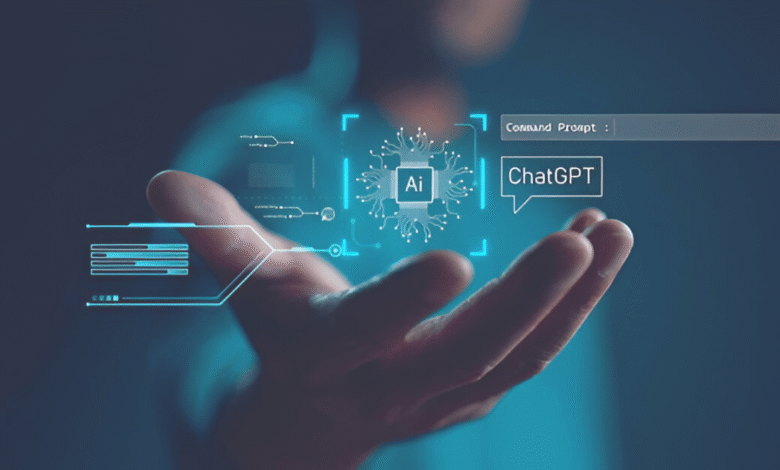
Artificial Intelligence is fundamentally transforming the U.S. job market, reshaping industries, redefining job roles, and altering the skills employers value most. From automated customer service chatbots to AI-powered data analysis in healthcare and finance, intelligent systems are no longer just futuristic concepts they are actively displacing some jobs while creating entirely new career opportunities. As businesses race to adopt AI-driven efficiencies, workers across all sectors face both unprecedented challenges and exciting possibilities in this rapidly evolving employment landscape.
The rise of AI brings complex implications for America’s workforce. While some experts warn of significant job displacement in routine-based occupations, others highlight AI’s potential to boost productivity and spawn new industries that could employ millions. This technological revolution demands careful examination of which jobs are most vulnerable, which skills will be most valuable, and how workers, educators, and policymakers can collaborate to ensure the workforce remains competitive. Understanding these dynamics is crucial for anyone navigating today’s job market or planning their career trajectory in an AI-driven economy.
How Artificial Intelligence Is Changing the U.S. Job Market
Automation and Job Displacement
One of the most significant ways AI is changing the U.S. job market is through automation. Routine, repetitive tasks in manufacturing, data entry, and customer service are increasingly being handled by AI-powered systems and robots. While this increases efficiency, it also raises concerns about job displacement. Studies suggest that up to 25% of U.S. jobs could be automated in the coming decade, with low-skilled workers facing the highest risk. However, history shows that technological advancements often create new roles even as they render others obsolete.
AI Creating New Job Opportunities
Contrary to the fear of mass unemployment, AI is also generating new career paths. Fields like AI ethics, machine learning engineering, and data science are experiencing explosive growth. Companies are seeking professionals who can develop, manage, and regulate AI systems. Additionally, AI is augmenting human capabilities in fields like healthcare, where diagnostic tools assist doctors, and in finance, where algorithms enhance investment strategies. The demand for hybrid skills combining technical AI knowledge with industry expertise—is rising, offering opportunities for those willing to upskill.
Sector-Specific Changes
The influence of AI varies across industries. In healthcare, AI aids in diagnostics, personalized medicine, and administrative tasks, improving efficiency but requiring medical staff to adapt to new tools. The finance sector uses AI for fraud detection, algorithmic trading, and customer service chatbots, reducing the need for traditional roles while increasing demand for tech-savvy analysts. Retail benefits from AI in inventory management and personalized shopping experiences, shifting the workforce toward digital and analytical roles.
The Skills Gap and Workforce Adaptation
As AI reshapes the job market, a skills gap emerges. Many workers lack the technical expertise needed for AI-driven roles, prompting a surge in demand for STEM education and vocational training. Governments, corporations, and educational institutions are investing in reskilling programs to prepare the workforce for an AI-augmented future. Lifelong learning is becoming essential, with online courses, certifications, and bootcamps helping professionals stay competitive.
Ethical and Policy Considerations
Algorithmic Bias and Fair Hiring Practices
The increasing use of AI in recruitment and HR decisions raises significant concerns about embedded biases in hiring algorithms. Many AI systems trained on historical data inadvertently perpetuate discrimination based on gender, race, or socioeconomic factors. Recent cases have shown resume screening tools downgrading applications from women’s colleges or neighborhoods with predominantly minority populations. Policymakers are now pushing for mandatory bias audits of hiring algorithms, while companies like IBM and Microsoft are developing “fairness toolkits” to detect and correct these biases before deployment.
Data Privacy and Worker Surveillance
The explosion of workplace monitoring tools powered by AI presents new privacy challenges. From keystroke tracking to emotion recognition software, employers now have unprecedented access to employee data. While proponents argue this boosts productivity, labor advocates warn of creating oppressive work environments. The European Union GDPR has set precedents for worker data rights, and similar legislation is being debated in U.S. states like California and New York. Striking the right balance between operational efficiency and employee privacy remains a contentious policy issue.
Economic Inequality and the Digital Divide
AI adoption risks exacerbating wealth gaps as high-paying tech jobs multiply while middle-skill positions disappear. Studies show the AI revolution primarily benefits workers with advanced degrees in coastal tech hubs, leaving other regions behind. Policy solutions under discussion include expanding the Earned Income Tax Credit for displaced workers, creating regional tech apprenticeship programs, and implementing “robot taxes” on companies that replace human workers with automation. Some cities like Pittsburgh have launched successful initiatives retraining manufacturing workers for AI-related roles in healthcare and robotics.
Labor Rights in the Age of Automation
Traditional labor laws struggle to address new forms of AI-mediated gig work. The classification of AI-assisted workers (like delivery drivers following algorithmically determined routes) as independent contractors rather than employees has become a heated legal battleground. Recent National Labor Relations Board rulings and state-level legislation are beginning to redefine worker protections for the AI era. California’s AB5 law and similar proposals aim to ensure benefits and collective bargaining rights extend to workers whose jobs are structured by intelligent systems.
Accountability and Transparency Standards
The lack of explainability in AI decision-making creates accountability vacuums when automated systems make consequential employment decisions. When an AI system rejects a job applicant or recommends termination, current U.S. laws provide little recourse. The Algorithmic Accountability Act proposed in Congress would require impact assessments for automated hiring systems, while the EEOC has begun investigating AI discrimination cases. Companies are increasingly adopting “human-in-the-loop” requirements for sensitive employment decisions, ensuring human oversight of AI outputs.
Education Policy and Workforce Transition
Public education systems remain woefully unprepared for the AI-driven labor market. Only 45% of U.S. high schools currently offer computer science courses, creating an uneven playing field. Innovative policies like Washington State’s mandatory K-12 computer science education and New York’s AI workforce development initiative provide models for closing this gap. At the federal level, proposed legislation would expand Pell Grants to cover short-term AI training programs and create tax incentives for employers who provide upskilling opportunities.
Read More: Gadgets That Make Remote Work Easier in the USA
Conclusion
Artificial Intelligence is undeniably reshaping the U.S. job market, creating a complex landscape of disruption and opportunity. While AI automation continues to transform or eliminate certain roles, particularly those involving repetitive tasks, it simultaneously generates demand for new skills in Artificial Intelligence development, data analysis, and human-AI collaboration. The most successful workers will be those who adapt by developing technical competencies alongside irreplaceable human skills like creativity, emotional intelligence, and strategic thinking. Businesses and educational institutions must work together to bridge the growing skills gap through targeted training programs and lifelong learning initiatives.
As we navigate this AI-driven transformation, the ultimate outcome for the American workforce depends on how we manage the transition. Proactive policies addressing job displacement, ethical AI implementation, and equitable access to retraining will be crucial in ensuring the benefits of Artificial Intelligence are broadly shared across society. Rather than viewing AI as simply a job replacement threat, we should recognize its potential to augment human capabilities and create more meaningful, productive work.
FAQs
Will Artificial Intelligence eliminate more jobs than it creates?
While AI may displace some jobs, it is also generating new roles in tech, healthcare, and other sectors, leading to a net positive effect over time.
Which industries are most affected by Artificial Intelligence?
Healthcare, finance, manufacturing, and retail are among the most impacted, with AI automating tasks while creating demand for tech-savvy professionals.
How can workers prepare for an AI-driven job market?
Upskilling in AI-related fields, pursuing STEM education, and adapting to hybrid roles can help workers remain competitive.
What are the ethical concerns surrounding Artificial Intelligence in employment?
Issues include algorithmic bias, data privacy, and job displacement, requiring regulations to ensure fair and responsible AI use.
Can Artificial Intelligence complement human workers instead of replacing them?
Yes, Artificial Intelligence often augments human capabilities, allowing workers to focus on creative and strategic tasks while machines handle repetitive processes.

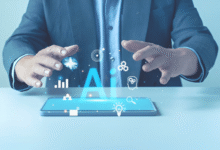


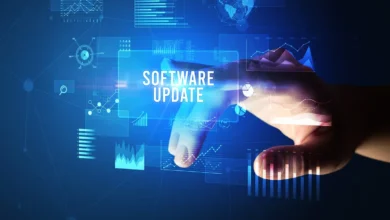
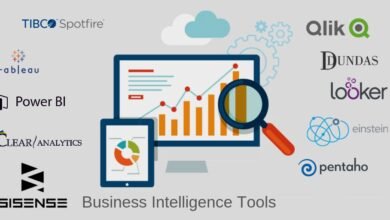


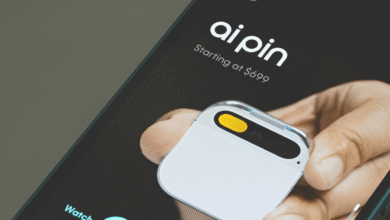



One Comment